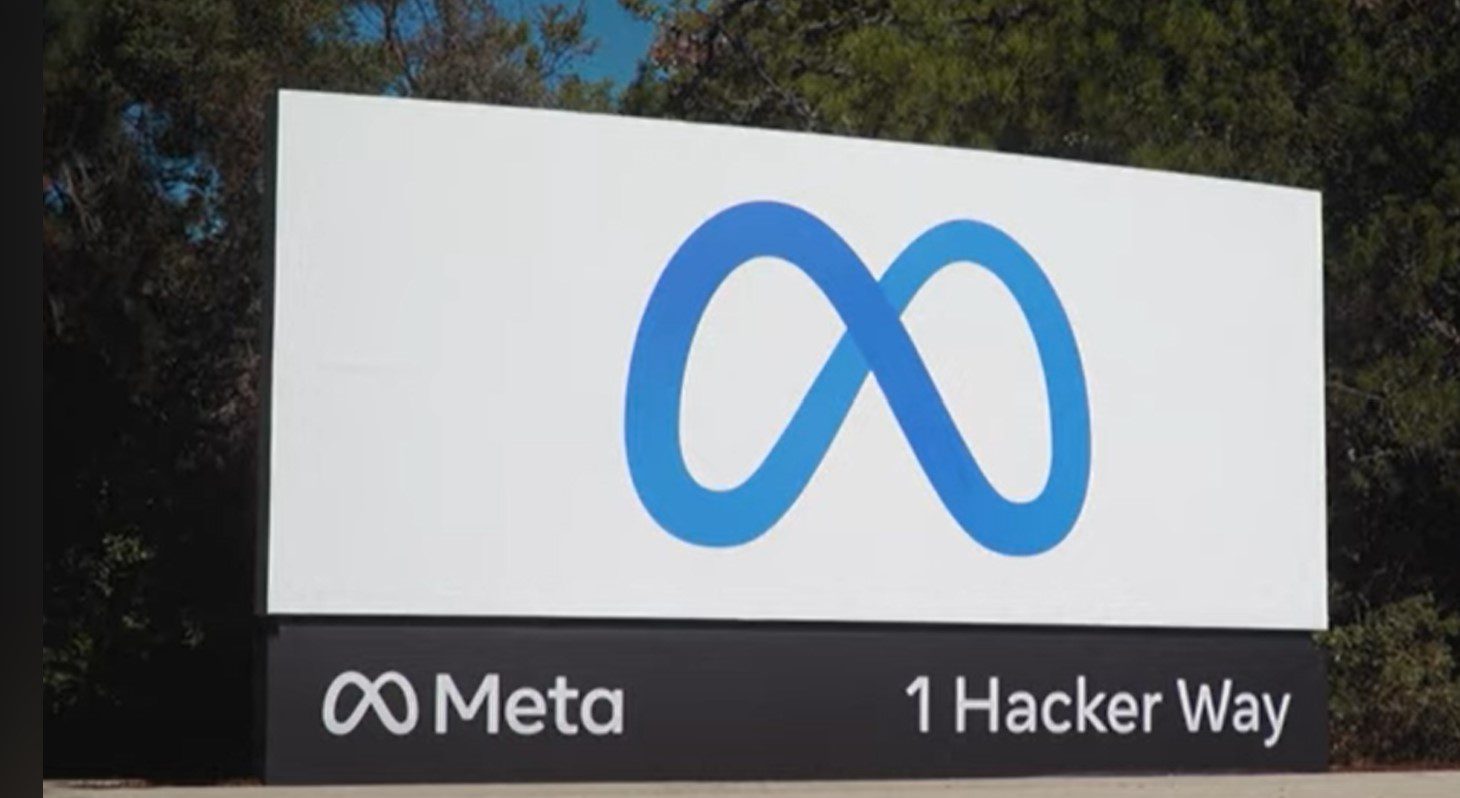
Meta Platforms is set to release its fourth-quarter earnings today, and the stakes couldn’t be higher. The tech giant, which has already seen its stock rise 15% year-to-date, is under the microscope for its AI ambitions.
But this time, the conversation isn’t just about Meta’s own AI monetization efforts—it’s about DeepSeek, the Chinese AI upstart that has sent shockwaves through Silicon Valley and Wall Street alike.
Let’s break it down.
The DeepSeek Disruption
If you haven’t heard of DeepSeek yet, you’re probably not paying attention. This Chinese AI startup has burst onto the scene with claims of developing a cutting-edge AI model at a fraction of the cost of its Western competitors. The result? A tech industry in panic mode. DeepSeek’s emergence has reportedly wiped out over $1 trillion in market value across the sector this week alone, as investors question whether the massive capital expenditures by companies like Meta, Microsoft, and Nvidia are sustainable—or even necessary.
DeepSeek’s model, which is said to rival the performance of models trained on tens of thousands of Nvidia GPUs, has raised eyebrows and skepticism. Elon Musk, never one to shy away from controversy, has already questioned the startup’s claims, suggesting that its infrastructure might be far more extensive than advertised. But whether DeepSeek’s numbers hold up or not, the message is clear: the AI game is changing, and the rules are being rewritten.
Meta’s AI Gamble
Meta, for its part, is doubling down on AI. The company has announced plans to spend over $60 billion on capital expenditures this year, with a significant chunk going toward expanding its AI teams and infrastructure. Analysts are optimistic about Meta’s ability to monetize its AI investments, particularly through its advertising platforms and messaging apps like WhatsApp and Messenger. Bank of America has even raised its price target for Meta to $710, citing a “slew of positive catalysts” including AI-driven ad revenue growth and cost-cutting measures like a 5% workforce reduction.
But here’s the catch: DeepSeek’s low-cost model has thrown a wrench into the narrative. If a startup can achieve similar results with a fraction of the investment, what does that mean for Meta’s $60 billion bet? Investors will be looking for answers during today’s earnings call, where CEO Mark Zuckerberg is expected to address the company’s AI strategy and its response to the DeepSeek disruption.
The Bigger Picture
The DeepSeek saga isn’t just a Meta problem—it’s a tech industry problem. Companies like Microsoft and Nvidia are also feeling the heat, as questions mount about the ROI of their AI investments. Microsoft, which reports earnings alongside Meta today, has faced criticism for its heavy spending on AI infrastructure without a clear monetization plan. Nvidia, meanwhile, has seen its stock take a hit as investors worry about declining demand for its high-end GPUs in the wake of DeepSeek’s rise.
For Meta, the challenge is twofold. First, it needs to prove that its AI investments are not only necessary but also profitable. Second, it needs to navigate the broader industry shift that DeepSeek represents. This isn’t just about building better AI models—it’s about building them smarter, faster, and cheaper.
What to Watch
As Meta prepares to release its earnings after the market close, here are the key numbers to watch:
- Revenue Estimate: $46.98 billion, with $45.66 billion expected from advertising.
- Operating Income: $20.09 billion, with a projected operating margin of 42.6%.
- Reality Labs Losses: $5.1 billion, as Meta continues to invest in its metaverse ambitions.
- EPS Estimate: $6.78.
But beyond the numbers, the real story will be in the commentary. How does Meta plan to compete in a world where AI innovation is no longer the exclusive domain of Silicon Valley? And what role will DeepSeek play in shaping the future of the industry?
The Bottom Line
Meta’s earnings report today isn’t just another quarterly update—it’s a referendum on the future of AI. With DeepSeek shaking up the status quo, the pressure is on for Meta to deliver not just strong financials, but a compelling vision for how it plans to stay ahead in the AI arms race.
As Kara Swisher might say: The tech world loves a good disruptor, but it loves a comeback story even more. The question is, can Meta write one?
